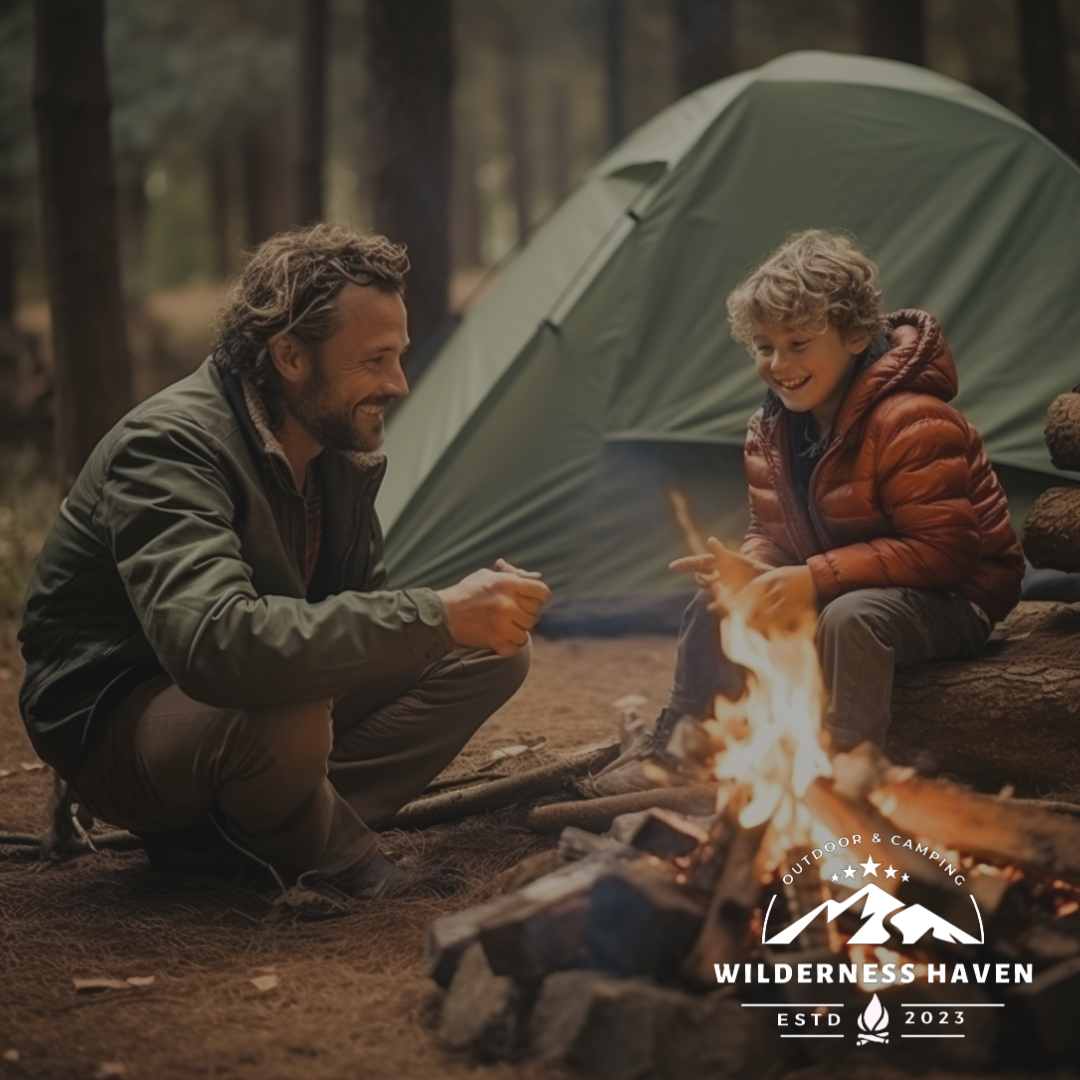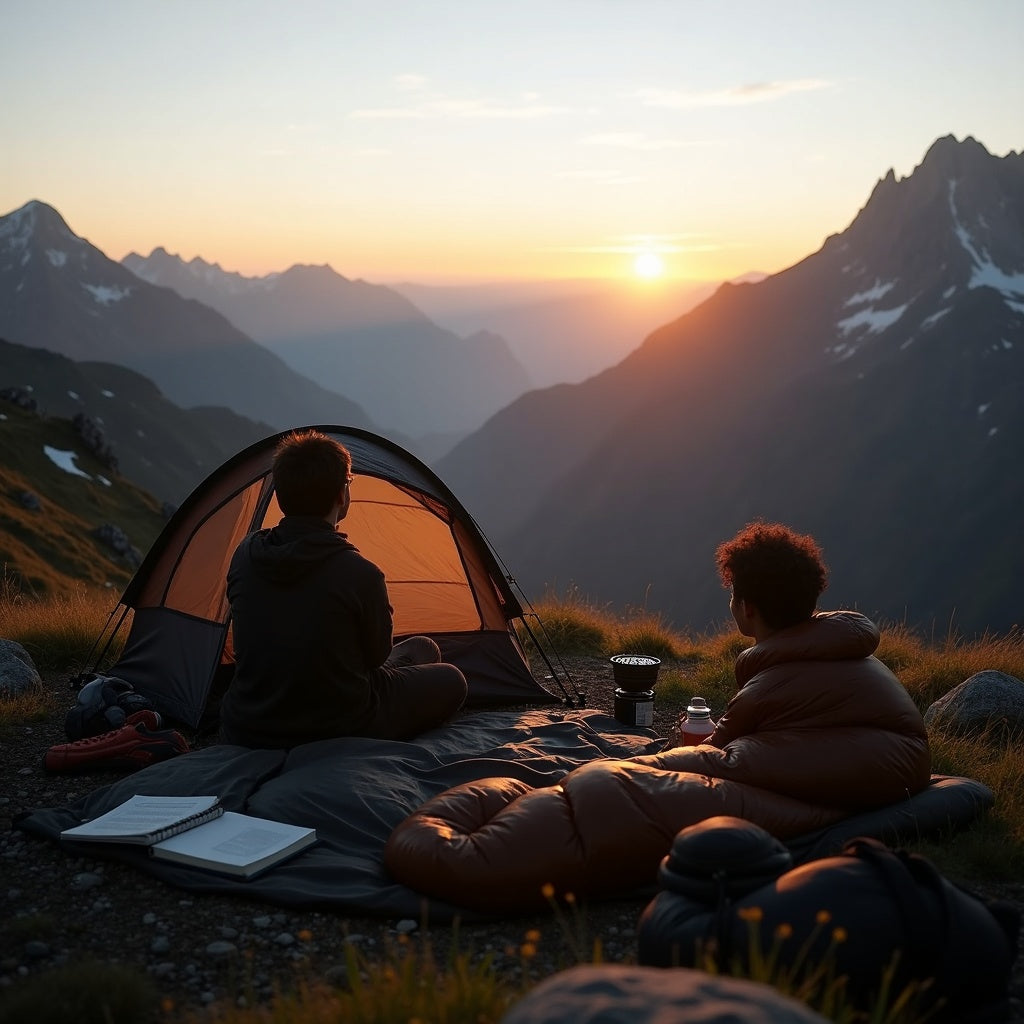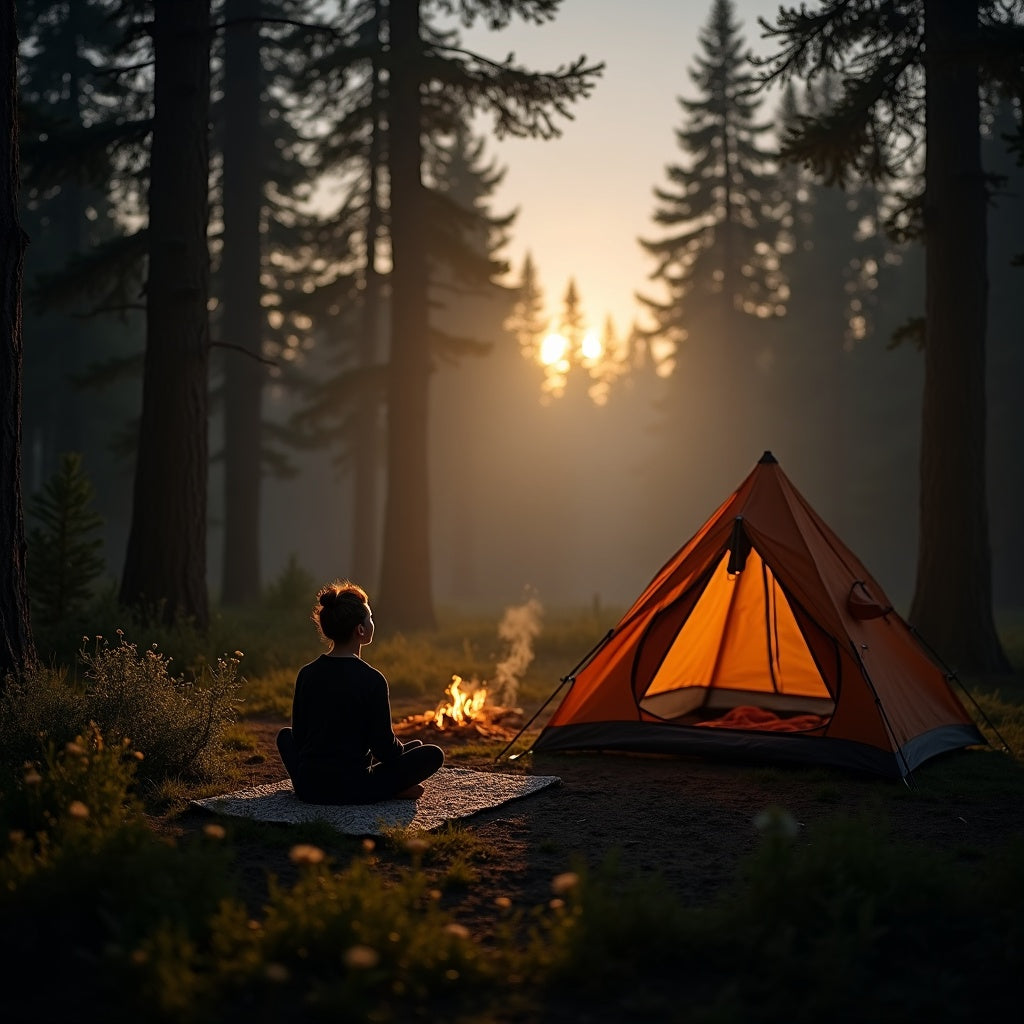Camping is a wonderful way to connect with nature, but it's crucial to do so while respecting the environment and other campers. Proper camping etiquette, also known as "leave no trace" ethics, ensures that we preserve the beauty of the great outdoors for generations to come. In this blog post, we'll explore some essential camping etiquette guidelines to help you have a positive camping experience while minimizing your impact on nature.
- Plan Ahead and Prepare
The foundation of good camping etiquette starts with planning ahead. Research your chosen campground's rules and regulations, obtain any necessary permits, and check the weather forecast. Proper preparation prevents unforeseen problems and helps you make responsible decisions during your trip.
- Camp on Durable Surfaces
When setting up your campsite, choose a location on established campsites or surfaces that can withstand impact. Avoid trampling on fragile vegetation, and never create new paths or clearings. Camp at least 200 feet away from lakes and streams to protect these sensitive ecosystems.
- Dispose of Waste Properly
Follow the principle of "pack it in, pack it out." This means that any trash or waste you bring with you should be taken back home for proper disposal. Use established restroom facilities or dig a small hole at least 200 feet from water sources for human waste disposal.
- Leave What You Find
Resist the urge to collect rocks, plants, or any natural or cultural features you encounter during your camping trip. Leave them in their natural state for others to enjoy, and don't disturb historical or archaeological sites.
- Minimize Campfire Impact
Campfires can be enjoyable, but they can also harm the environment if not managed properly. Check if campfires are allowed in your chosen area and, if so, use established fire rings or stoves. Keep fires small, burn only small sticks and twigs you find on the ground, and completely extinguish the fire before leaving.
- Respect Wildlife
Observe wildlife from a distance and never feed them. Feeding wild animals disrupts their natural behavior and can have detrimental effects on their health. Store food securely to prevent wildlife from becoming habituated to human food sources.
- Be Considerate of Other Campers
Maintain a respectful distance from neighboring campers to preserve their privacy and peace. Keep noise levels down, especially during quiet hours, and avoid playing loud music or disturbing the tranquility of the campsite.
- Educate Yourself and Others
Share your knowledge of camping etiquette with fellow campers, especially newcomers. Promote responsible outdoor behavior and encourage others to follow leave no trace principles.
By following these camping etiquette guidelines, you can enjoy the great outdoors while minimizing your impact on the environment and ensuring a positive experience for both yourself and future campers. Responsible camping allows us to appreciate nature's beauty while preserving it for generations to come.






